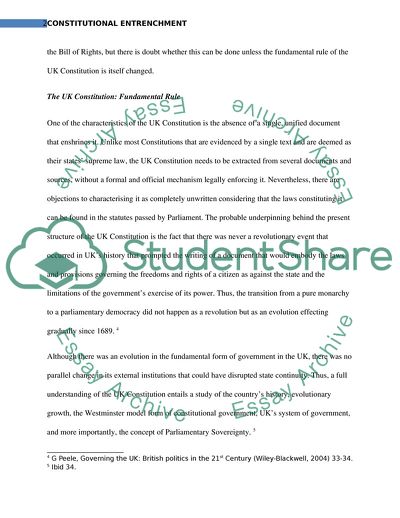Cite this document
(The Structure of the United Kingdom Constitution Case Study, n.d.)
The Structure of the United Kingdom Constitution Case Study. Retrieved from https://studentshare.org/politics/1746753-attempts-to-entrench-by-legal-means-will-inevitably-be-futile-unless-the-basic-rule-of-the-united-kingdoms-constituion-is-abandoned
The Structure of the United Kingdom Constitution Case Study. Retrieved from https://studentshare.org/politics/1746753-attempts-to-entrench-by-legal-means-will-inevitably-be-futile-unless-the-basic-rule-of-the-united-kingdoms-constituion-is-abandoned
(The Structure of the United Kingdom Constitution Case Study)
The Structure of the United Kingdom Constitution Case Study. https://studentshare.org/politics/1746753-attempts-to-entrench-by-legal-means-will-inevitably-be-futile-unless-the-basic-rule-of-the-united-kingdoms-constituion-is-abandoned.
The Structure of the United Kingdom Constitution Case Study. https://studentshare.org/politics/1746753-attempts-to-entrench-by-legal-means-will-inevitably-be-futile-unless-the-basic-rule-of-the-united-kingdoms-constituion-is-abandoned.
“The Structure of the United Kingdom Constitution Case Study”. https://studentshare.org/politics/1746753-attempts-to-entrench-by-legal-means-will-inevitably-be-futile-unless-the-basic-rule-of-the-united-kingdoms-constituion-is-abandoned.


